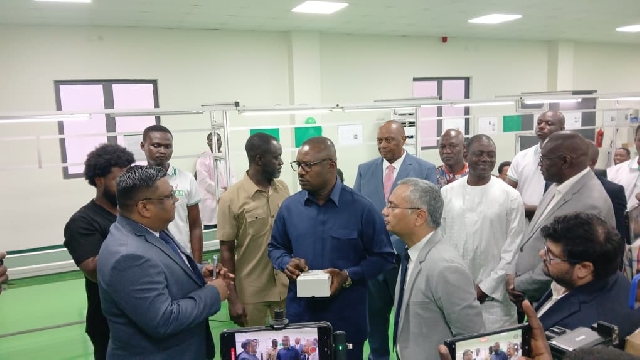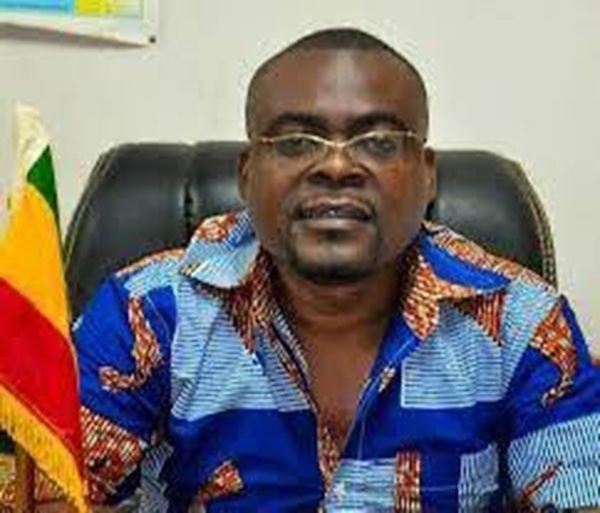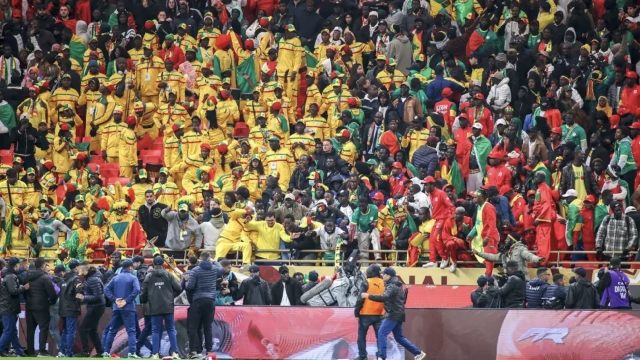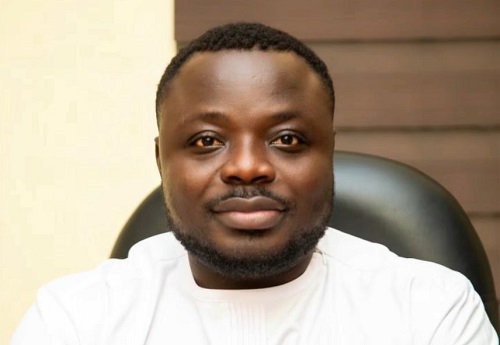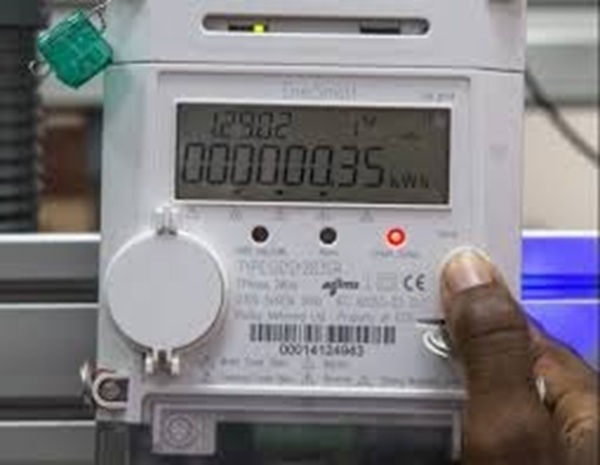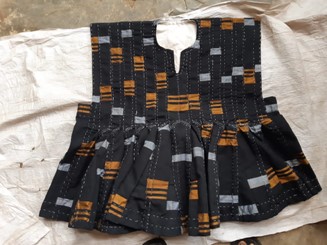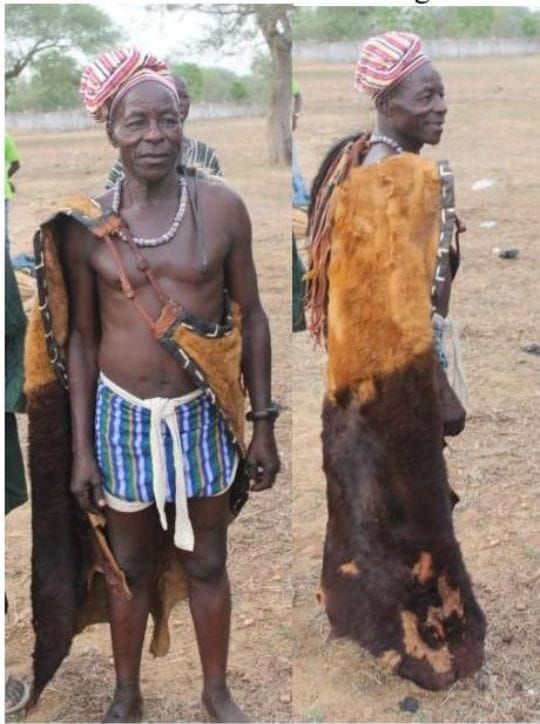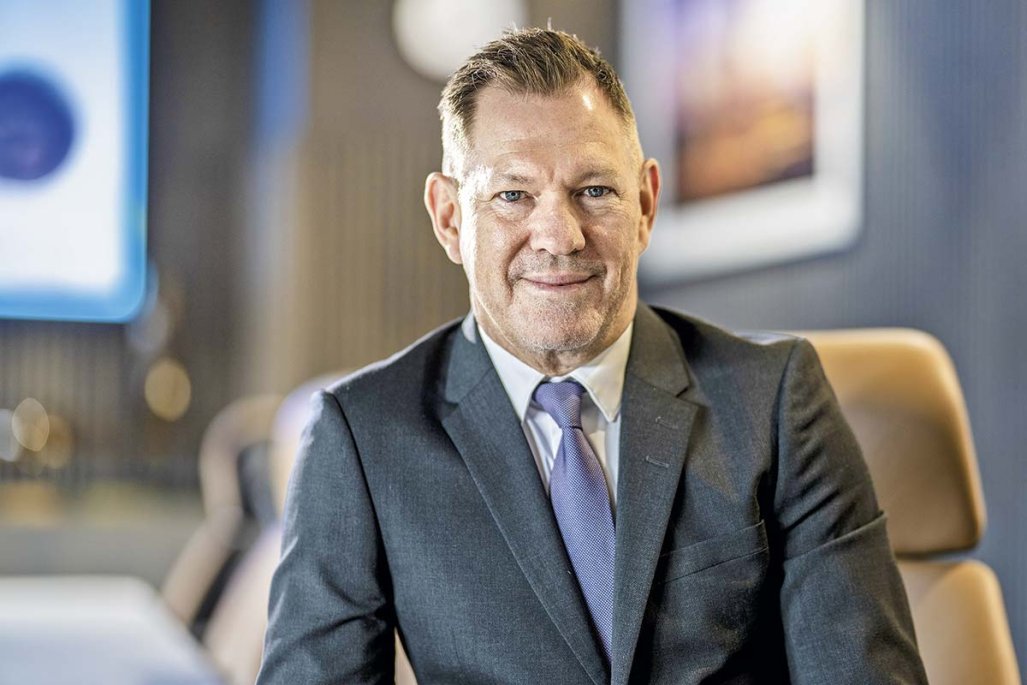The Executive Director of the Africa Centre for Energy Policy (ACEP), Mr Benjamin Boakye, has said the CEO of the Ghana National Petroleum Corporation (GNPC), Dr K.K. Sarpong appears more of a spokesperson for Aker Energy than the arrowhead for the state oil company.
In an article responding to some assertions made by Dr Sarpong against civil society organisations who have raised concerns about GNPC’s bid to acquire stakes in Aker and AGM oil blocs, Mr Boakye said: “The most worrying part of Dr. Sarpong’s public commentary is his extreme lack of control over the transaction he champions”.
“It could be deliberate but the accompanying risk for Ghana is chilling”, Mr Boakye noted, adding: “He appears more as a spokesperson for Aker than GNPC, defending and changing numbers to make Aker look good”.
“Dr Sarpong says he is not aware of Aker looking to sell its assets without success. This is not just unbelievable; it portrays a lack of attention to detail in his bid to short-change the public. If GNPC did any due diligence on why Aker wanted to sell, they would have chanced on online publications and direct quotes from the CEO of Aker Energy that they were looking for investors, including a possible sale of stakes to the market. That would have helped GNPC to investigate why they failed to get any buyer”, he said.
In his article, Mr Boakye said: “Dr Sarpong doesn’t have control over the few numbers involved in this transaction. His struggle to remember what is informing the transactions only leaves him accusing CSOs of ignorance. All of a sudden, he is putting out new numbers different from what he presented to Parliament. He told Parliament that the total cost incurred by Aker is $800 million; this included an ambiguous $280 million described as money spent on other activities. Now Dr. Sarpong is quoting $399.2 million as the total cost incurred. It appears we are now making progress in the attempt to clean the transaction. Perhaps the more heat he gets, the lower the numbers for Ghana”.
Read Mr Boakye’s full statement below:
Ben Boakye asks: Who can compete with GNPC’s Kahuna to drive me more nervous?
I have followed a series of interviews granted by Dr. KK Sarpong and sometimes froze, literally, in complete disbelief of what damage he is doing to the country in an attempt to litter the media space with hate for CSOs. By design or not, he injects extreme nervousness than I have seen. The strategy was evident; he pontificates his achievements in public life to sedate the minds of Ghanaians to think that he is doing the right thing with the Aker transaction. He tries hard to discredit CSOs in the crudest way possible, so the public will listen to him, not the CSOs. Additionally, he displays an unpardonable lack of control over the Aker transaction, which makes his amnesia of the history of Aker/AGM in Ghana almost forgivable.
For the avoidance of doubt, CSOs have deliberately abstained from personalising this transaction, but we are capable of descending that lane. On Peace FM, Dr. Sarpong claimed an outstanding achievement of consigning Ghana Cocoa Board (Cocobod) to a debt-procuring enterprise for almost three decades. He owned the idea to syndicate loans to purchase cocoa beans, a practice that has escalated from borrowing hundreds of millions in the 1990s to billions today. Dr Sarpong should note that CSOs will not celebrate his legacy of debt procurement, instead of building capital for the trade of a commodity that Ghana continues to play a dominant role in the global supply market.
It is even shocking that the GNPC Kahuna goes way back into time to account for his public life with such surgical precision on what he thinks is public-worthy. I would have thought that the most relevant and recent context of his public life to the ongoing Aker transaction is his stewardship of Tema Oil Refinery (TOR). TOR was handed to Dr Sarpong with total debt of about $400 million. At the time, the State needed the genius to save the company. Not only that, the public was billed, through the TOR Debt Recovery Levy, to support Dr. Sarpong to turn the company’s fortunes around. Instead, he left the company with a debt of over $1.4 billion, having received about $580m from the levy. In 2015, a government committee, with the Bureau of National Investigations (BNI) and KPMG, recommended further investigation into the debt and use of funds at TOR. However, as vulnerable as the Ghanaian public is, he gets rewarded with a more significant portfolio in GNPC.
Here again, his stewardship of the Corporation thus far remains a template of “how not to run a national oil company,” which will remain a subject of academic scrutiny for so long. He frustrated ExxonMobil on the selections of a local partner for one whole year, creating inactivity on Exxon’s block until Government compromised on Goil. Under his watch, the Government has paid about $260 million for unutilised domestic gas and flared about $200million worth of gas in 2020 alone. At the same time, Dr. Sarpong spends his time negotiating the import of LNG at an additional cost of about $300 million a year to the public on a take-or-pay contract, ignoring the warnings of IMF on the fiscal consequences in its article IV report for 2021.
He demonises existing investors with his kitchen engineers, then comes out in the open crying about exiting investors and blaming energy transition. Aker’s jackpot is only one of many bad judgments of GNPC under his leadership.
To avoid public scrutiny of the Aker transaction, the Kahuna of GNPC spends time bastardising CSOs and craftily portraying that we lack knowledge of the entire transaction. However, it gets too apparent that if he paid little attention to CSOs, some nervy moments in his interviews, which I will return to shortly, would have been avoided. On the point of lack of knowledge, he got worryingly deflated by Bernard Avle on some specific questions CSOs have raised. His last bullet, though, appears a push for an unfounded twist of imperialist agenda, operated through CSOs, to disrupt what he wants to do with the transaction.
In that effort, the Natural Resource Governance Institute (NRGI) has not been spared. He endorses media distortions of anti-Ghana characterisation of CSOs and wages psychological warfare to brand NRGI as a foreign entity interfering with domestic affairs. We are used to this old tactic. It will not deter CSOs who do not hide their collaborators and source of funds from the State. When it suits the Kahuna, CSOs are the last harbour of imperialists in the affairs of the State. With that posturing, you would assume that GNPC will go to Amantin Rural Bank to borrow the amount they need to buy out Aker or the GNPC boss will take steps to remedy some colonial mindset embedded in his terms of employment; “The Chief Executive will be entitled to a thorough medical examination once a year overseas and costs shall be borne by the Corporation”. It will make every sense for him to start patronising Komfo Anokye Teaching Hospital if, indeed, he is anti-imperialism.
This imperialist claim even gets abject to note that when CSOs issued a press statement, the GNPC sent responses to the Norwegian Government, IMF, and World Bank without copying the CSO who issued the statement. What can be worse than serving imperialists than this? The partners who support CSOs have seen the unwillingness of leadership to develop the country. That is why they encourage citizen participation in policymaking and development planning. So, when we call them development partners, let us not be hypocritical about it. They know us. We have been borrowing from them for years, a practice Dr. Sarpong celebrates for perpetuating at Cocobod.
The most worrying part of Dr. Sarpong’s public commentary is his extreme lack of control over the transaction he champions. It could be deliberate, but the accompanying risk for Ghana is chilling. He appears more as a spokesperson for Aker than GNPC, defending and changing numbers to make Aker look good. The following highlights are, for me, troubling.
Dr. Sarpong says he is not aware of Aker looking to sell its assets without success. This is not just unbelievable; it portrays a lack of attention to detail in his bid to short-change the public. If GNPC did any due diligence on why Aker wanted to sell, they would have chanced on online publications and direct quotes from the CEO of Aker Energy that they were looking for investors, including a possible sale of stakes to the market. That would have helped GNPC to investigate why they failed to get any buyer. Dr Sarpong doesn’t have control over the few numbers involved in this transaction. His struggle to remember what is informing the transactions only leaves him accusing CSOs of ignorance. All of a sudden, he is putting out new numbers different from what he presented to Parliament. He told Parliament that the total cost incurred by Aker is $800 million; this included an ambiguous $280 million described as money spent on other activities. Now Dr. Sarpong is quoting $399.2 million as the total cost incurred. It appears we are now making progress in the attempt to clean the transaction. Perhaps the more heat he gets, the lower the numbers for Ghana. Dr Sarpong insists that Lambert certified the reserves of the field to inform the commercial valuation. However, Lambert told CSOs that they could not have done that in two weeks. Their job was to use the information provided by Aker. It does appear that Dr. Sarpong does not understand the questions being asked. CSOs want to know whether an independent audit of the reserves was carried out to inform the commercial valuation, or GNPC just accepted the numbers provided by Aker. It is also shocking that Dr. Sarpong claims that Nyankom discovery does not need an appraisal before buying it. According to him, all discoveries appraised in Ghana have yielded more reserves than initially estimated. What a statement from the boss of GNPC! I hope he was not speaking the language of GNPC engineers, but just street talk! CSOs will demand more than street talk. Dr. Sarpong sat on live TV to tell the world that Springfield’s Discovery is not ready, and more work is required. After convincing the Government to sanction the unitisation of OCTP and Springfield blocks, for which Eni has just sued Ghana, how does the Kahuna make such a U-turn as if he’s on a roller-coaster? And what will be his defence in court when invited? Ghana deserves better; it can’t be much more apparent.
As a civil society, we are happy to remain civil if Dr. Sarpong will choose that route. However, the fundamental questions we have asked remain unanswered. Rather than shadow-boxing, GNPC should come to the public arena to debate the issues. It is time for the section of the Corporation pushing this transaction to realise that the diversionary tactics are crumbling, and the truth is triumphing.
Aker Energy has sold deliberate lies to Ghana since it entered the country in 2018. Norwegian investors set up the company in January 2018 to acquire Hess’ interest in the Deep-Water Tano/ Cape Three Point (DWT/CTP). Since then Government has projected the company as an experienced offshore company capable of turning the industry’s fortunes around. However, the reality stares us in the face that Aker cannot do what it promised. A company that has not produced a litre of oil before cannot promise the almost forty-year-old GNPC tutelage. Ghana should be smarter than that.
Benjamin Boakye
Executive Director ACEP
—Classfm
Disclaimer: “The views/contents expressed in this article are the sole responsibility of the author(s) and do not necessarily reflect those of ApexnewsGhana. ApexnewsGhana will not be responsible or liable for any inaccurate or incorrect statements contained in this article.”

